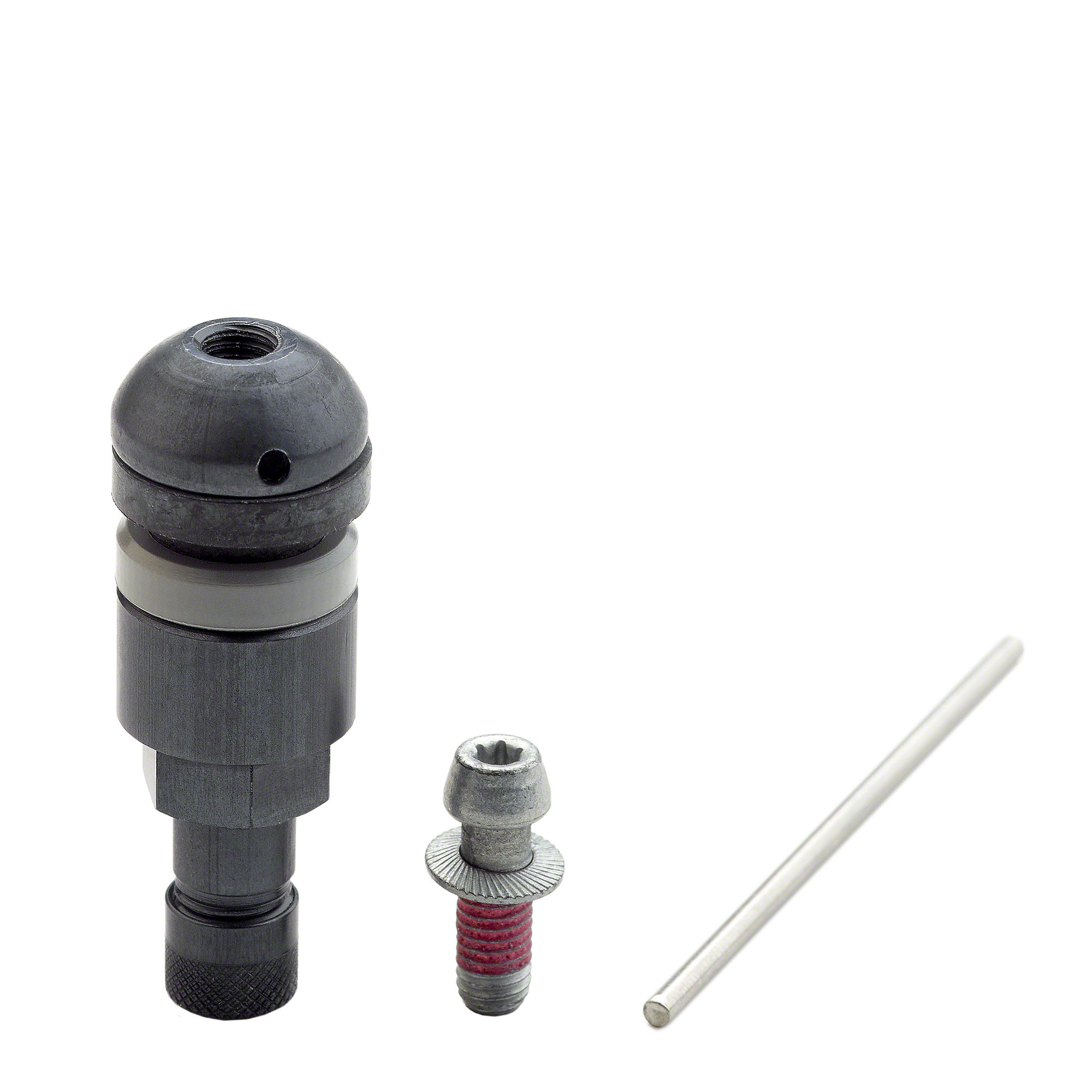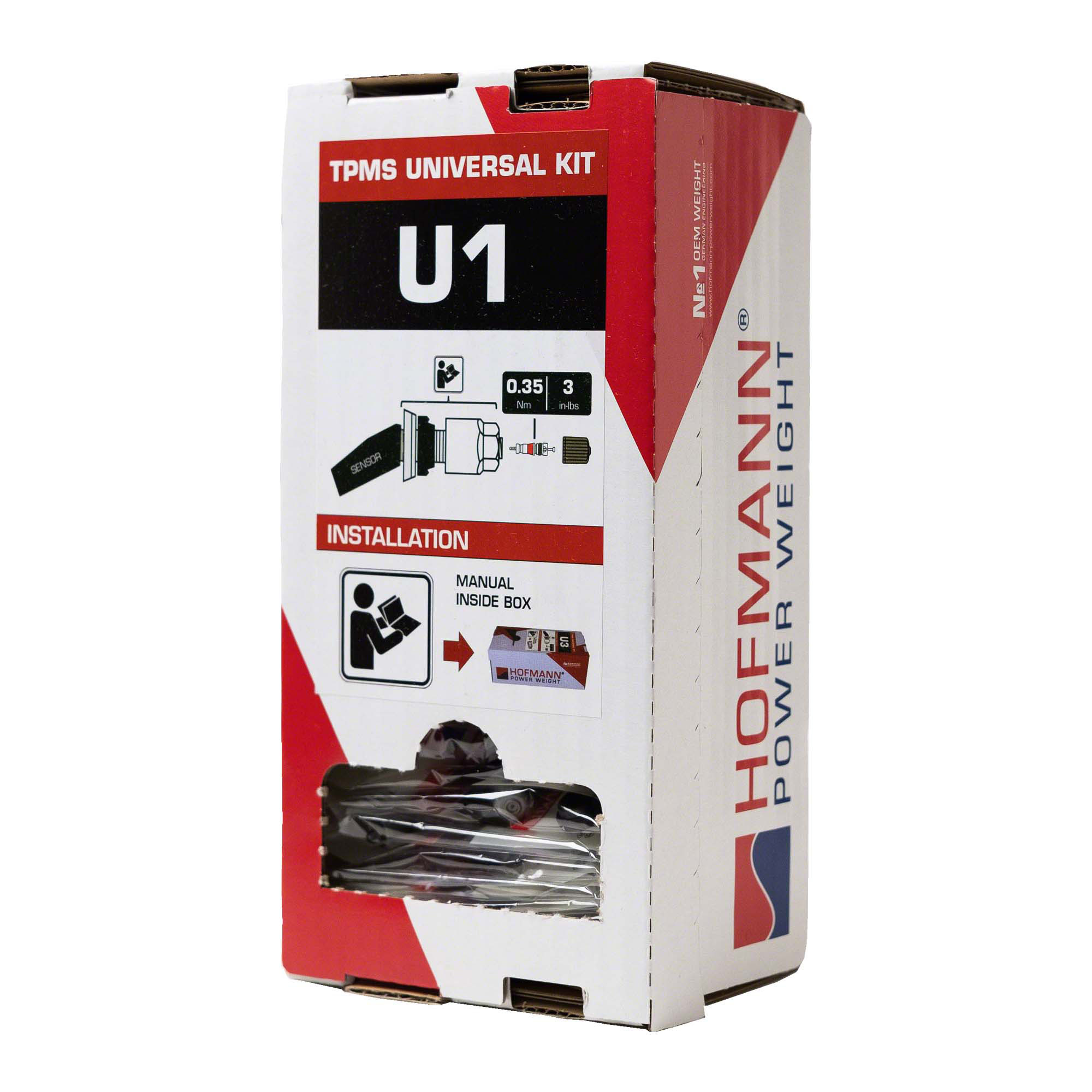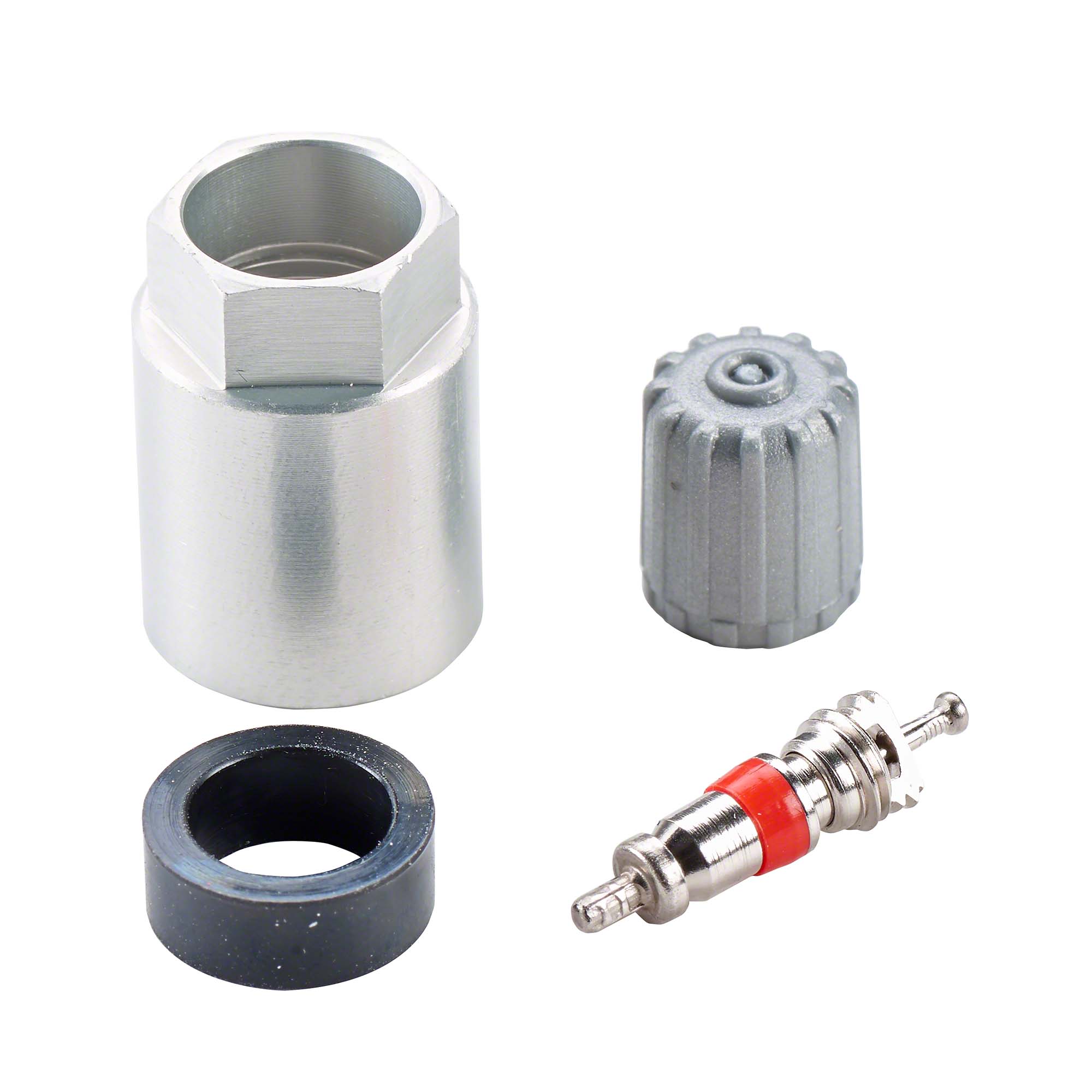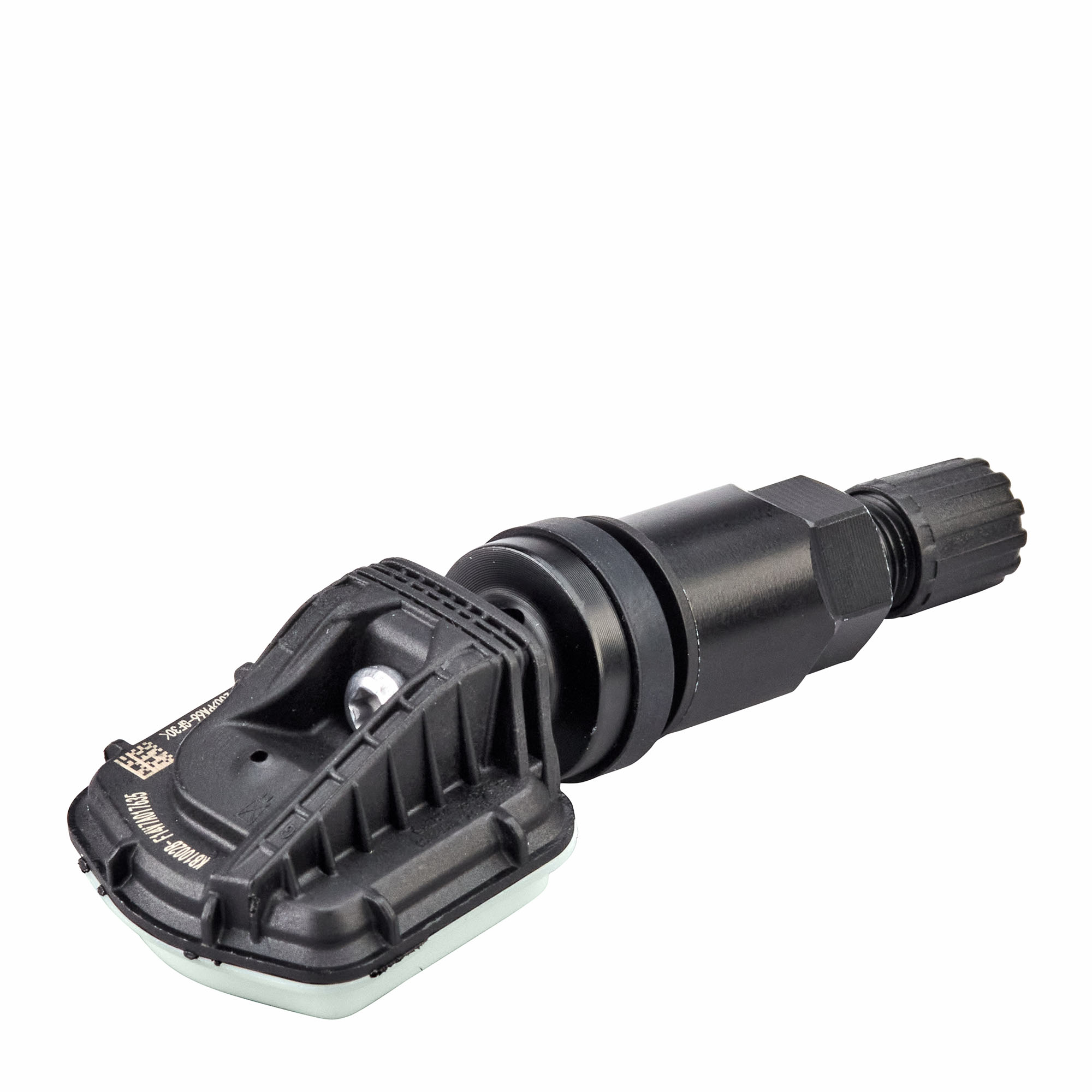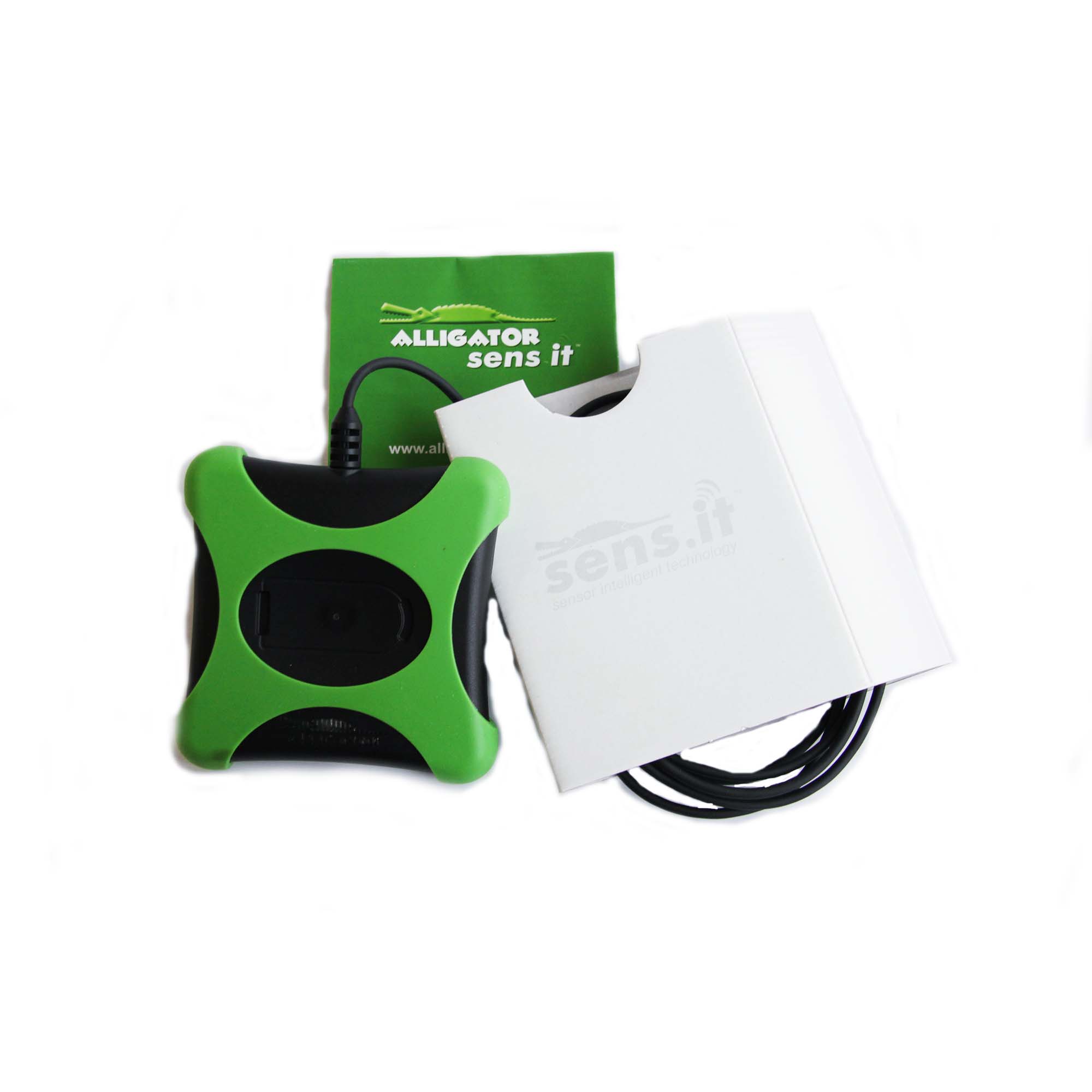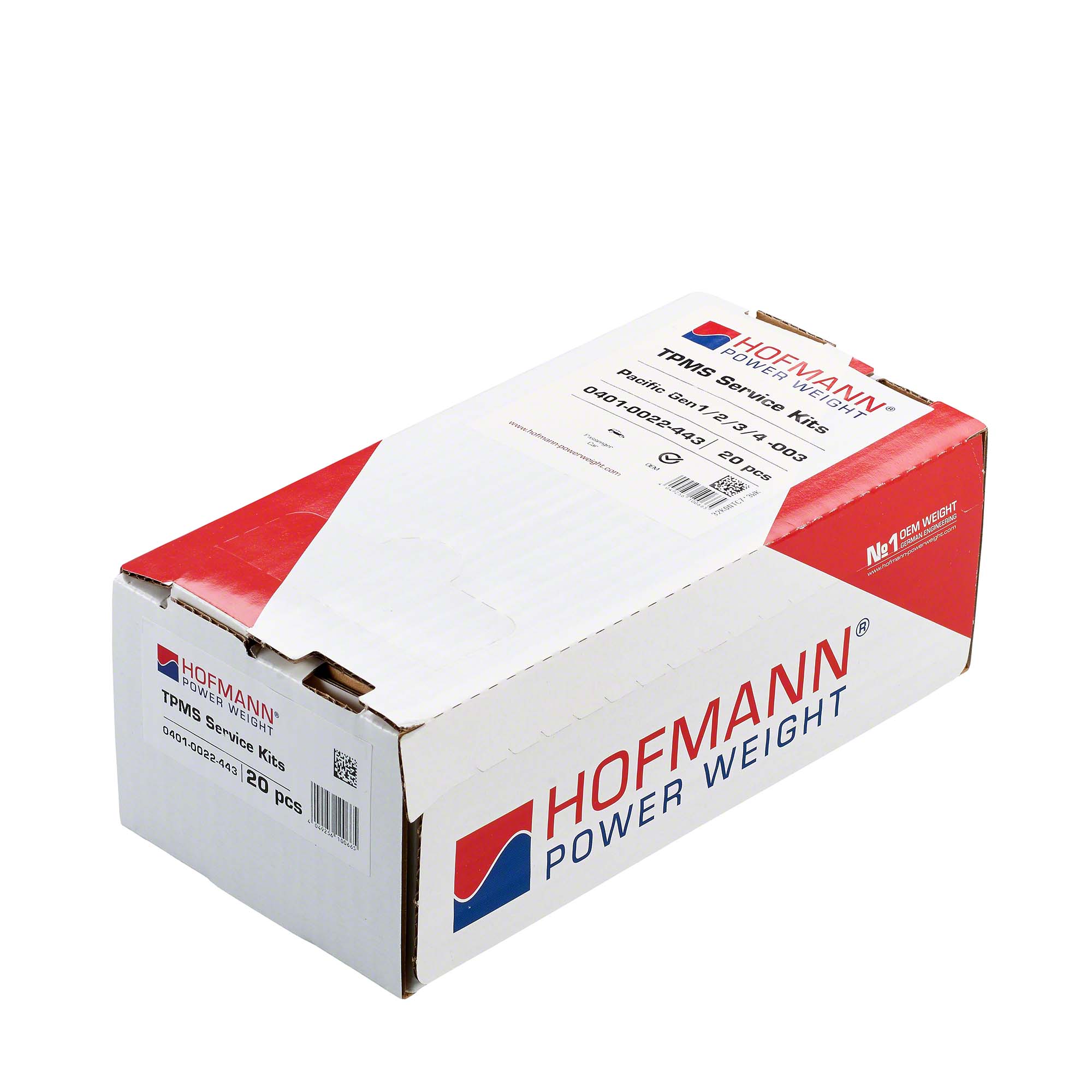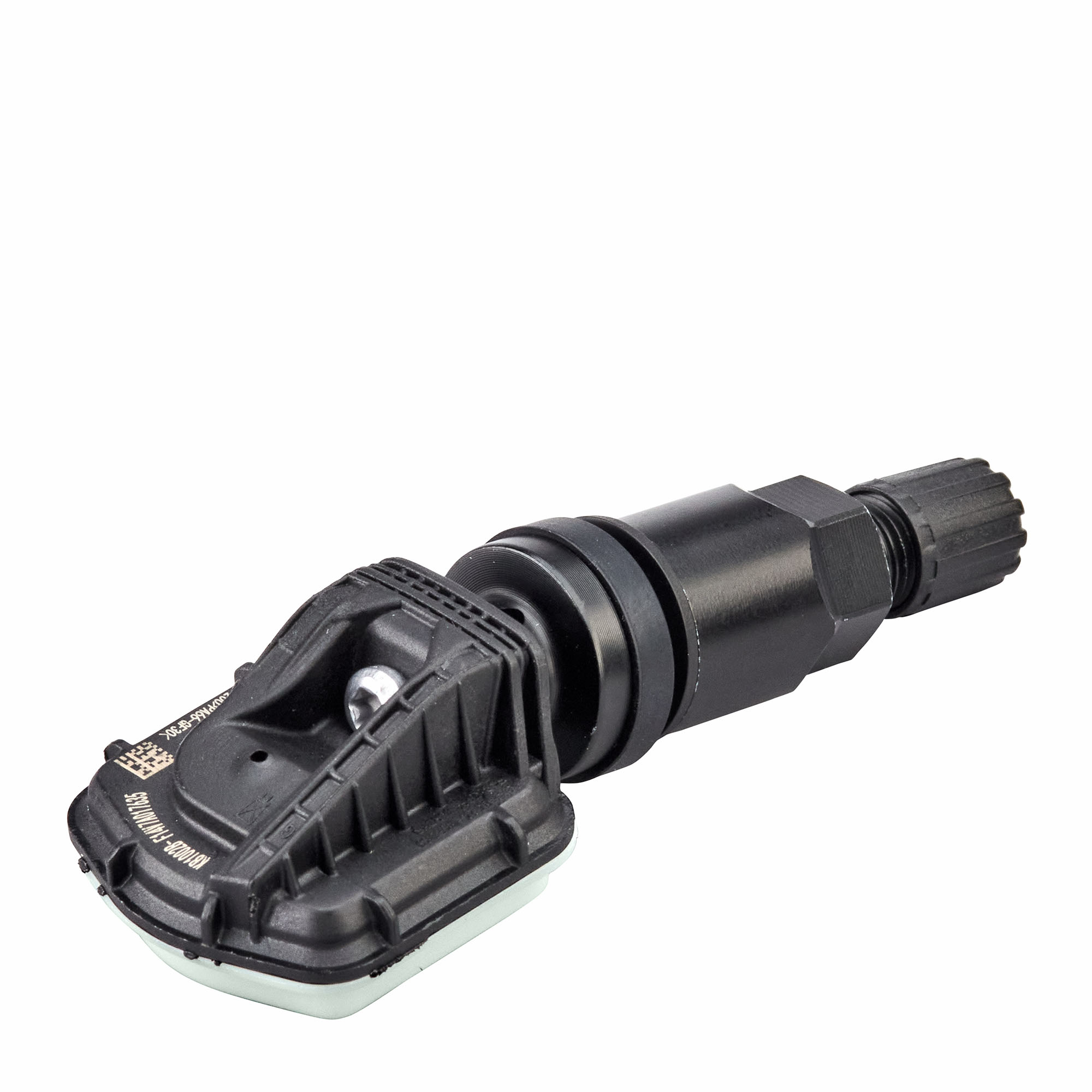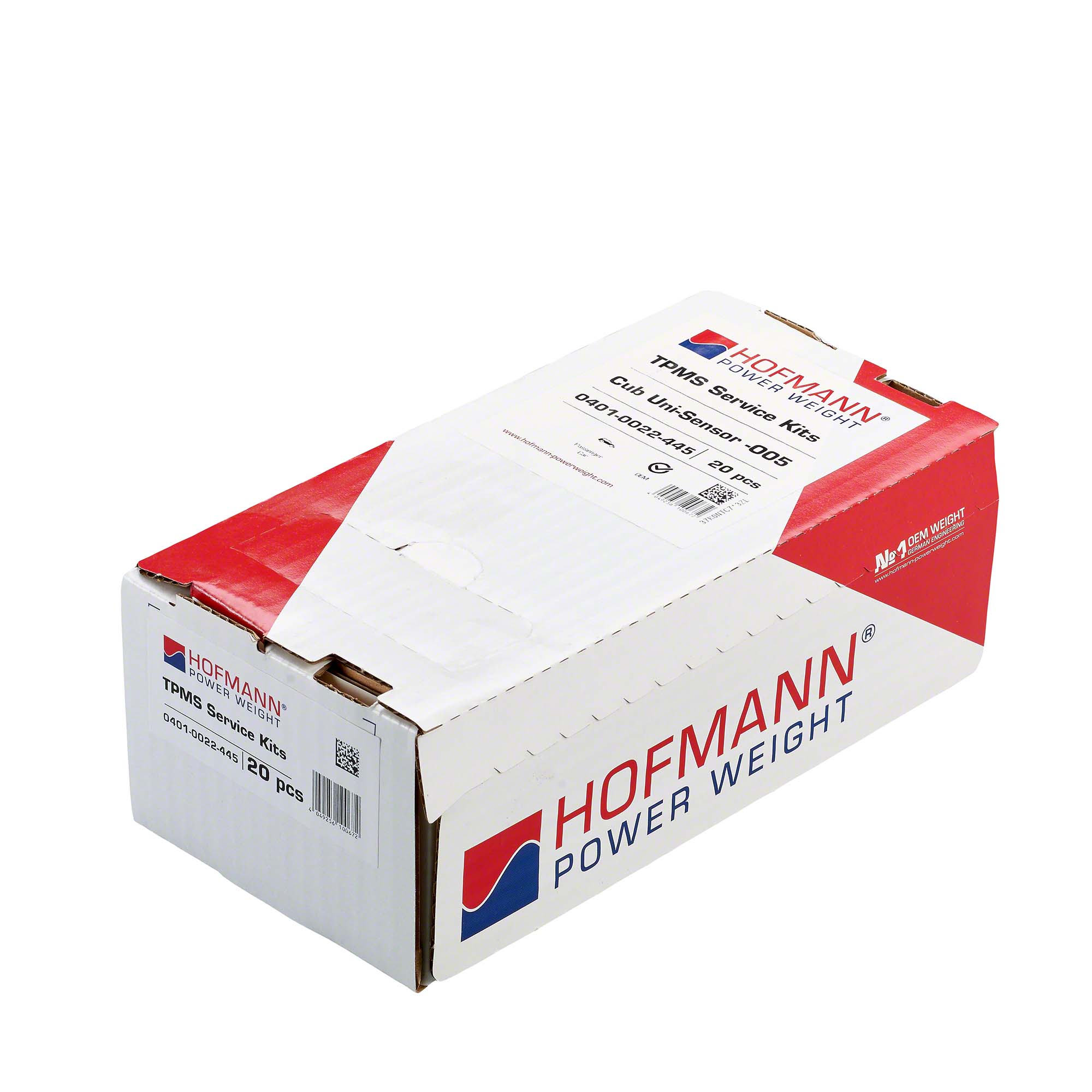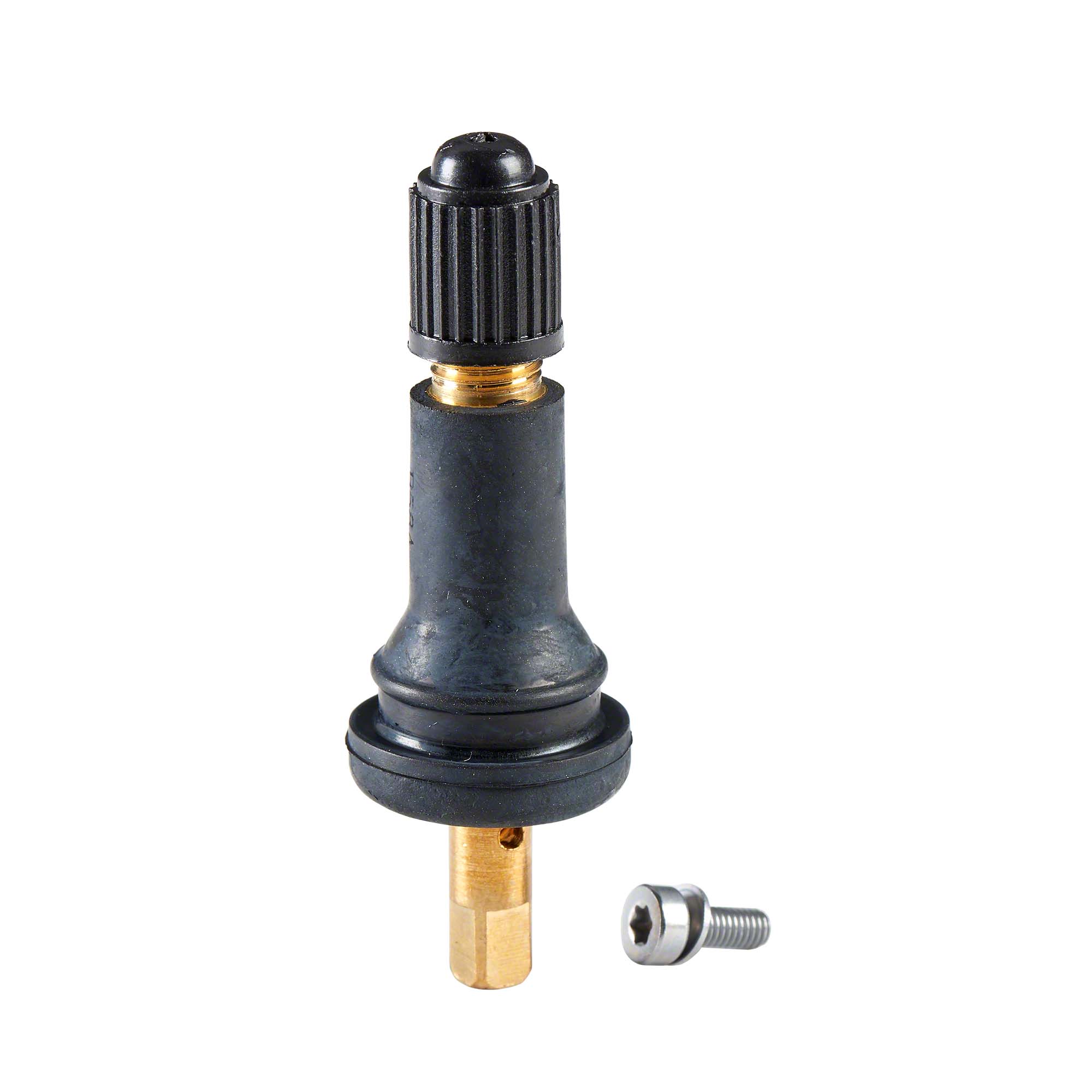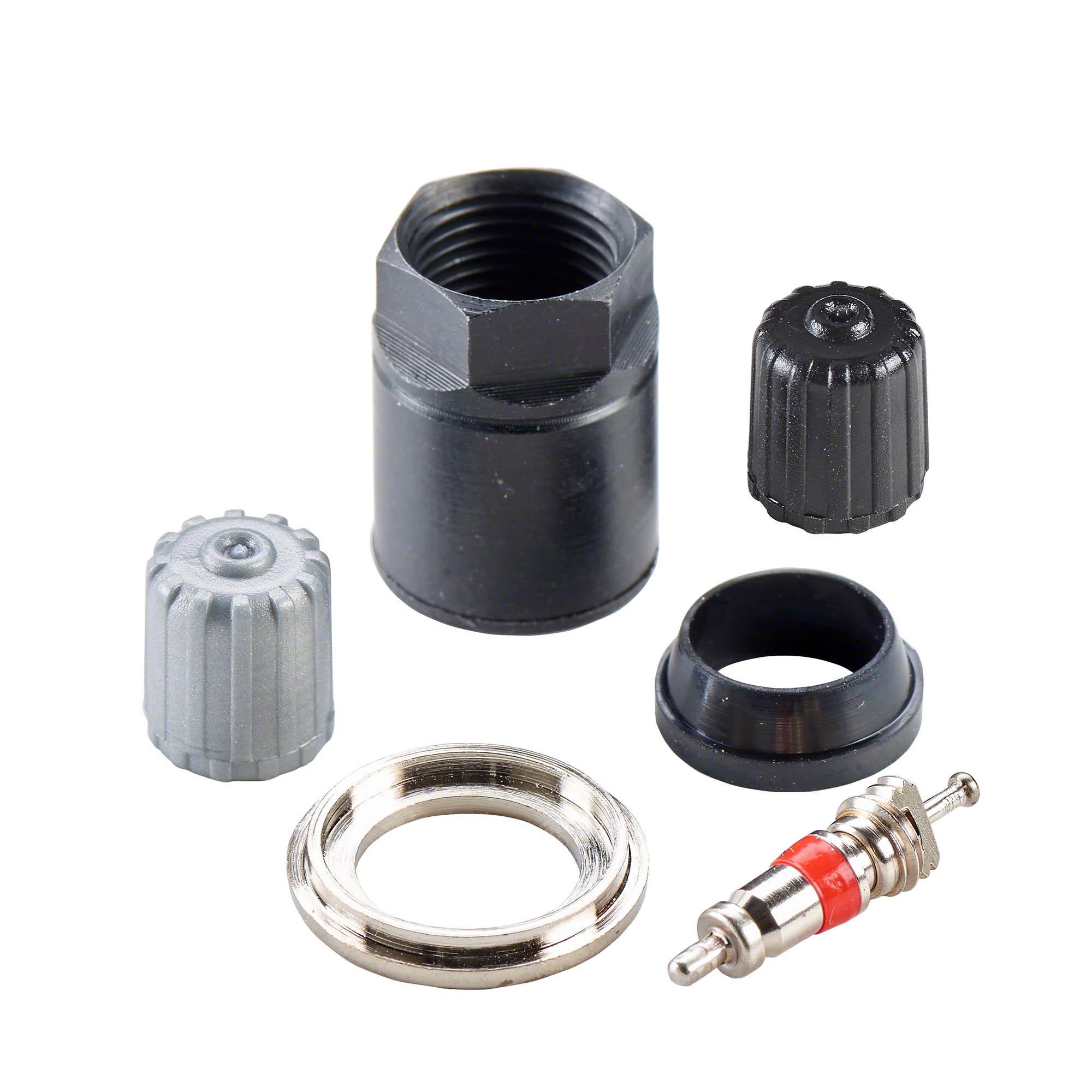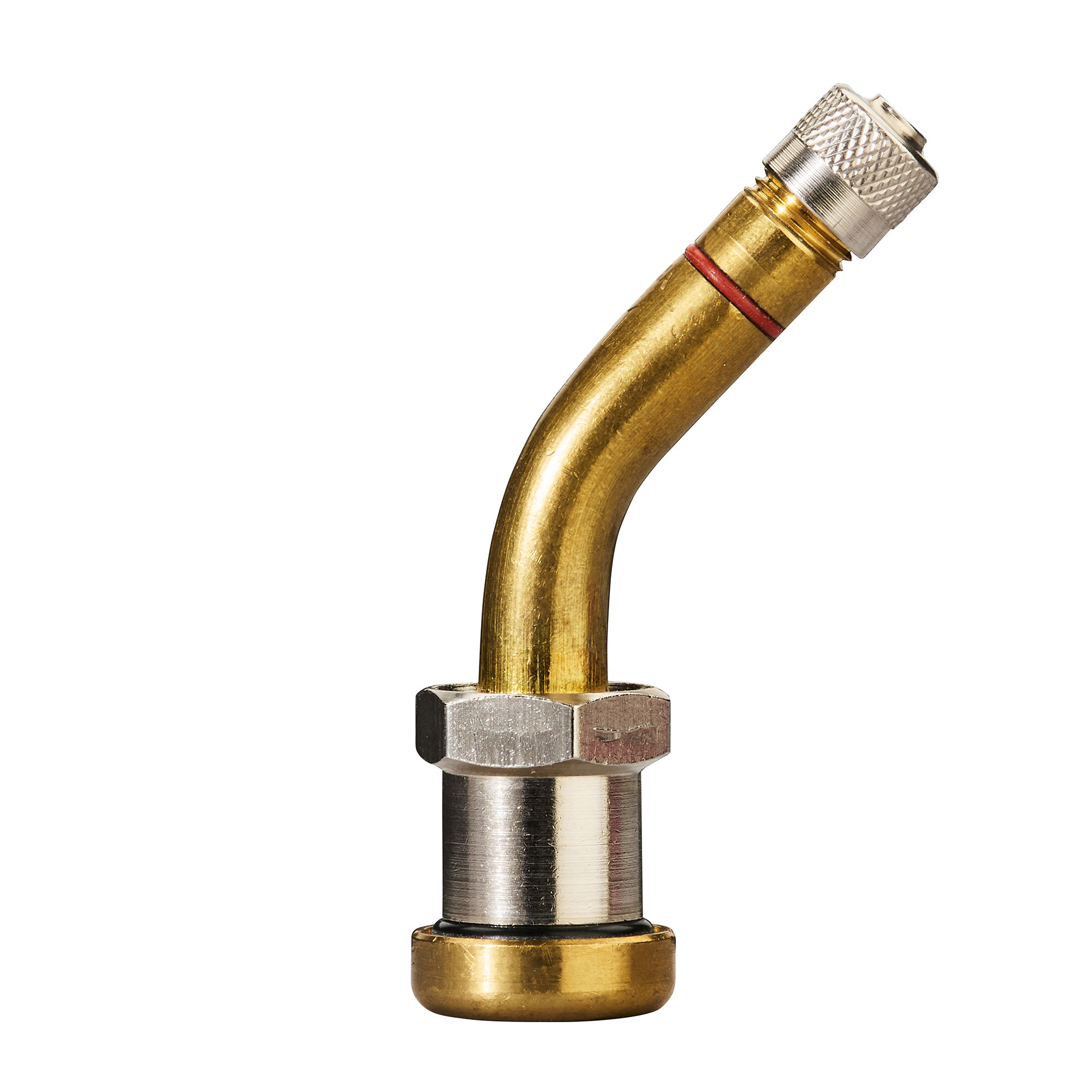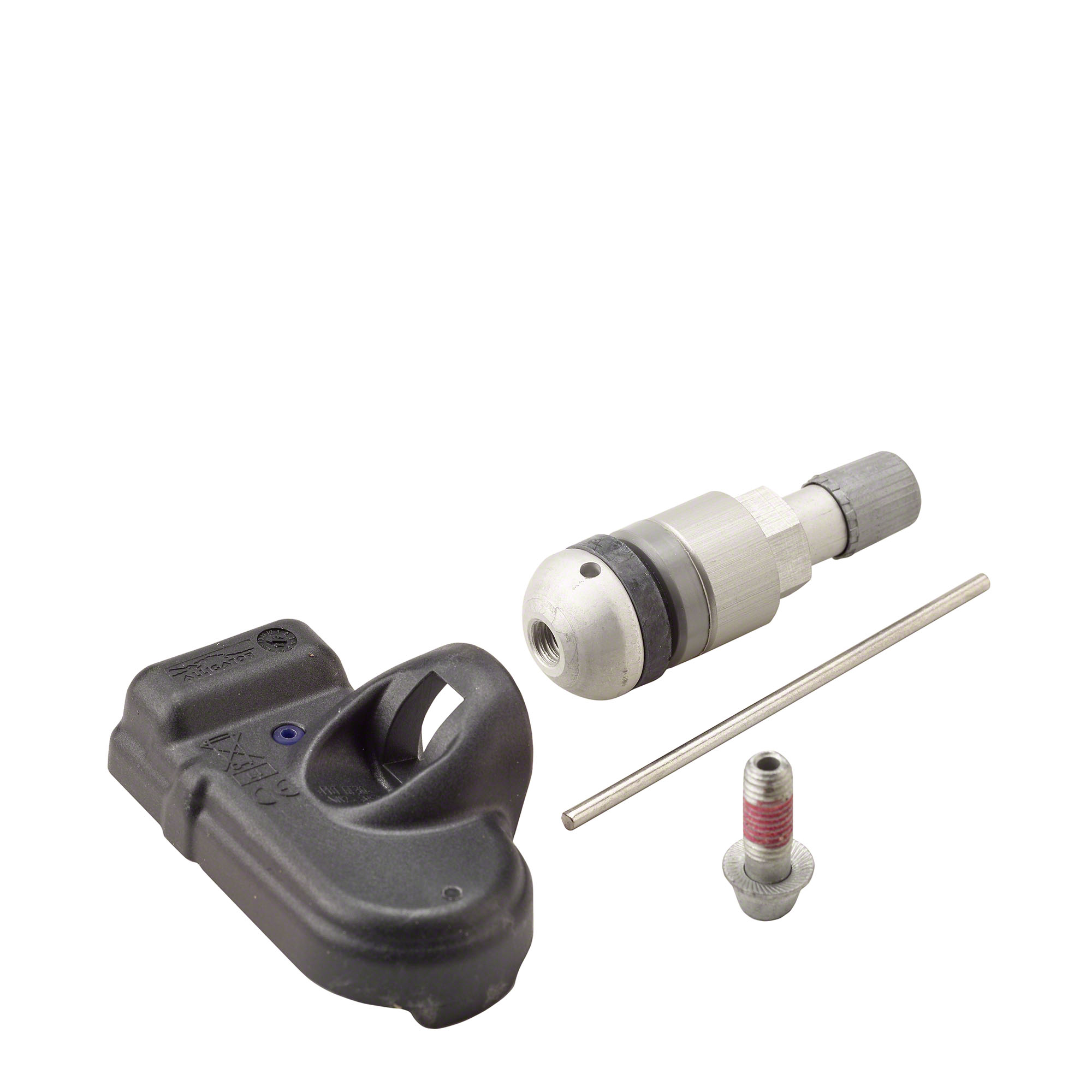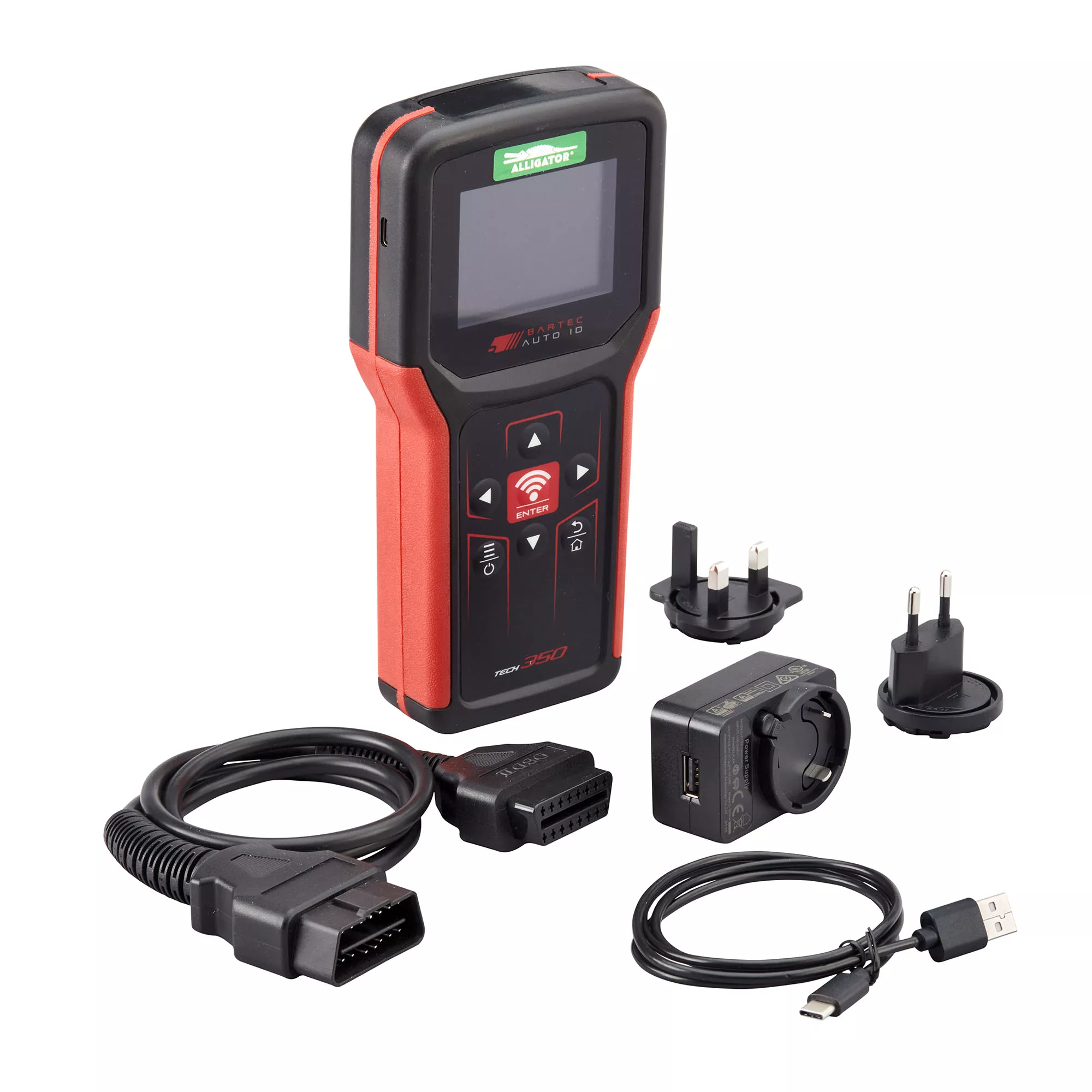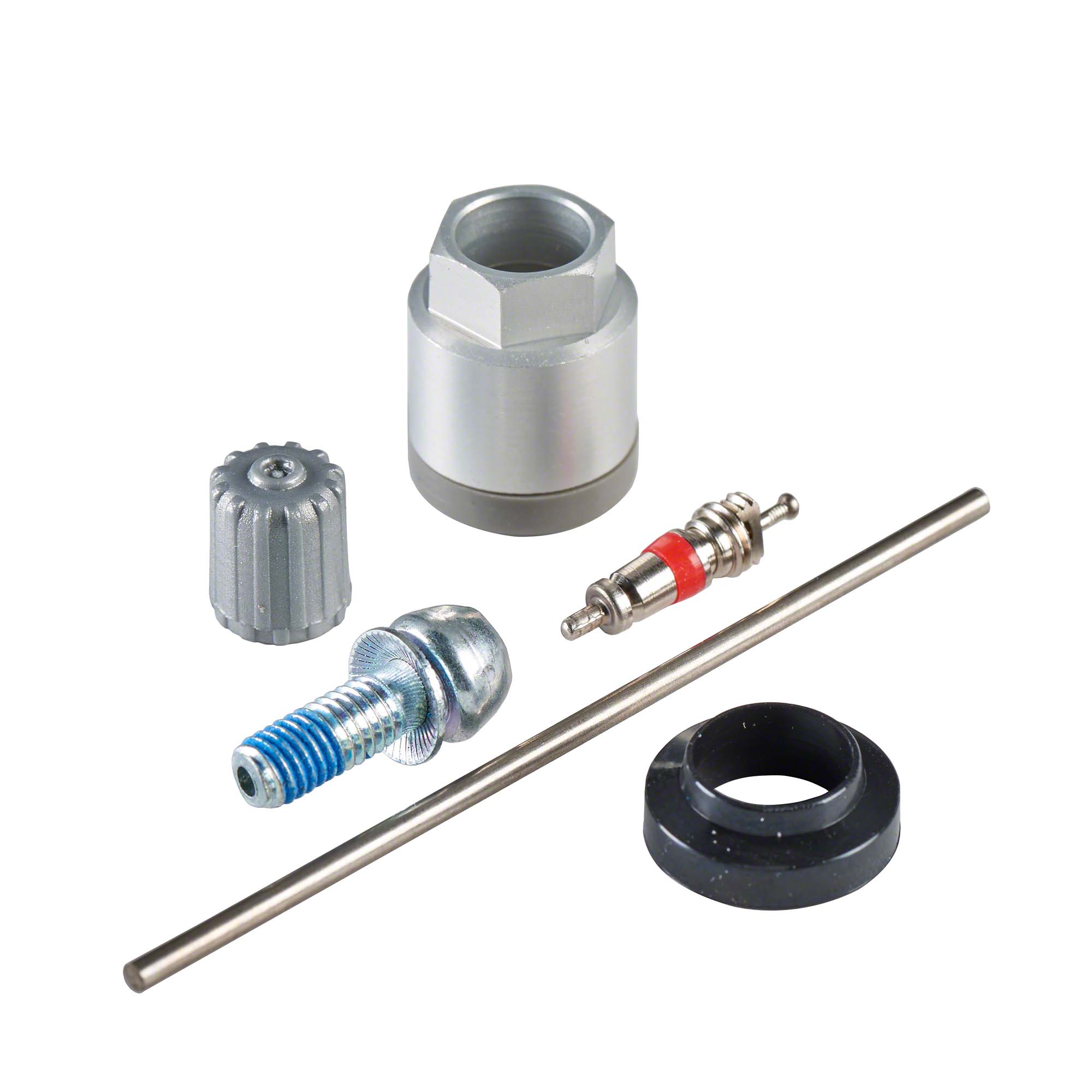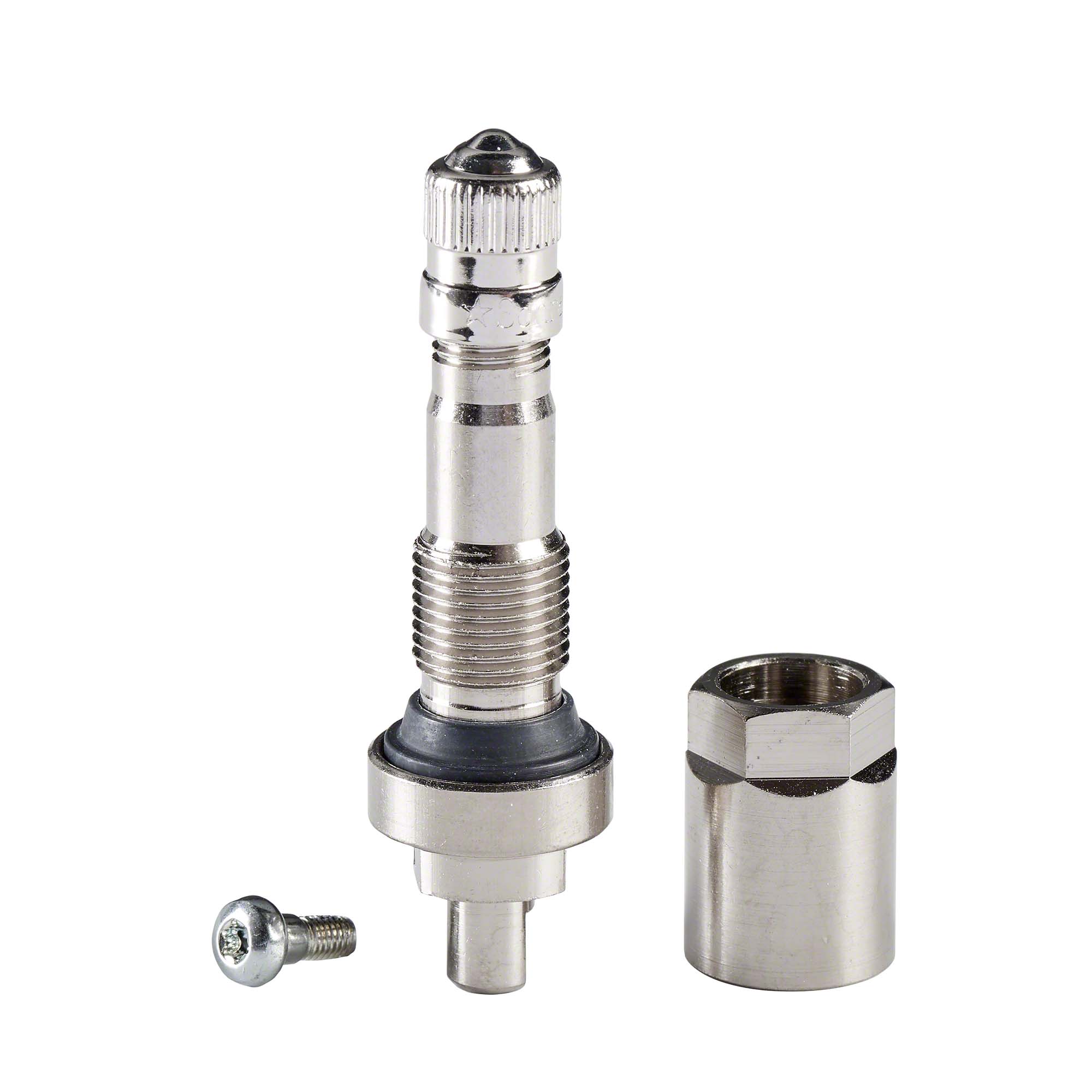FAQ Tyre Pressure Monitoring Systems
1. What are tyre pressure monitoring systems?
Tyre pressure monitoring systems (TPMS) monitor the pressure of the tyres while driving. If the air pressure drops, the driver is warned directly and can compensate the tyre pressure.
2. TPMS service life - how long does a sensor last?
The service life of the TPMS depends on the installed sensor battery. The typical service life of a sensor battery is 5 to 7 years (approx. 150,000 kilometres). If the battery of a sensor is defective, the entire sensor must be replaced, as batteries are installed with the sensor.
3. What are the advantages of correct tyre pressure?
With correct tyre pressure, the driver of the vehicle is safer on the road and can even minimise his fuel consumption. TPMS also minimise the risk of accidents due to a longer braking distance or pulling to the side when braking..
- Fuel consumption minimisation
- Reduced risk of accidents due to a shorter braking distance and no pulling to the side when braking
- Safety for the driver
4. What types of TPMS systems are there?
There are two types of tyre pressure monitoring systems in use today:
| Direct TPMS | Indirect TPMS |
|---|---|
| Tyre pressure data is collected directly via four proprietary pressure sensors attached to the valve that provide real-time data. | Tyre pressure is estimated via the ABS system. Drivers first have to drive long distances to detect a fault. |
| Very good data collection. | Somewhat less accurate than the direct TPMS because there is no indication of the exact air pressure. |
| There are additional functions such as tyre position detection and measurement of tyre pressure when stationary. | No additional functions offer less comfort. |
| Shows exactly what air pressure the individual tyres have via the display in the instrument panel. | Have only one warning light that can indicate different tyre pressure problems. |
TPMS assortment
Tyre pressure monitoring systems have been mandatory in all vehicles since 1 November 2012, and since 1 November 2014 newly registered vehicles must also have TPMS fitted. This RDKS obligation brings more safety to the roads: As soon as the tyre pressure of a vehicle drops, the driver is warned immediately and can correct the tyre pressure and prevent dangerous consequences. Ideal for this are our TPMS sensors, which provide broad vehicle coverage. From sensors to their maintenance, programming and fault diagnosis, we offer you the right equipment.
Sensors
Each manufacturer may use a different sensor type for the original equipment of the vehicles. Therefore, there are now more than 150 different sensor models on the market. The requirements at a glance:
- The sensors to be installed must be pre-programmed for the vehicle.
- Vehicle and sensor must be compatible, i.e. not every sensor can be installed in every vehicle.
- In the event of a sensor replacement or for winter tyres and spare tyres, there is the option of using original sensors or unprogrammed universal sensors.

Original sensors
They are already pre-programmed with the vehicle-specific details. So the sensor can only be used in some specific vehicles. Because of the large number of different sensors, the workshop's stock and tied-up capital would increase greatly in order to be able to serve customers satisfactorily. Because: There should always be at least 4 of the most important original sensors in stock!
Unprogrammed universal sensors
They are not pre-programmed. They can be easily integrated into most vehicles. You don't need a multitude of sensors - like with the original sensors - to serve all customers according to their needs. A basic stock of universal sensors is therefore quite sufficient. For the universal sensors, however, a special programming tool is also needed to programme the sensors specifically for the vehicle.
Service Kits
Ideally, the valve should be serviced every time the tyre is changed,
to replace any defective wear parts such as nut, sealing ring, valve insert or valve cap. For this maintenance, we offer special service kits that contain the required spare parts. In our range you will also find a selection of TPMS valves for different vehicle types.
Programming and diagnostic devices
In order for universal sensors to function properly and transmit the correct tyre pressure data, programming is required for use in the respective vehicle. Programming devices are necessary for this. In addition, if problems occur with sensors, these can be determined using diagnostic tools. To do this, the devices make contact with the sensors via radio. In this way, the fault is read out and displayed.
TPMS Programming
Universal sensors require programming for use in the corresponding vehicle. A programming tool is essential for programming the universal sensors with the vehicle-typical data and a cloned or newly created sensor ID. With some tools it is even possible to contact already installed sensors via radio and to program them subsequently.


